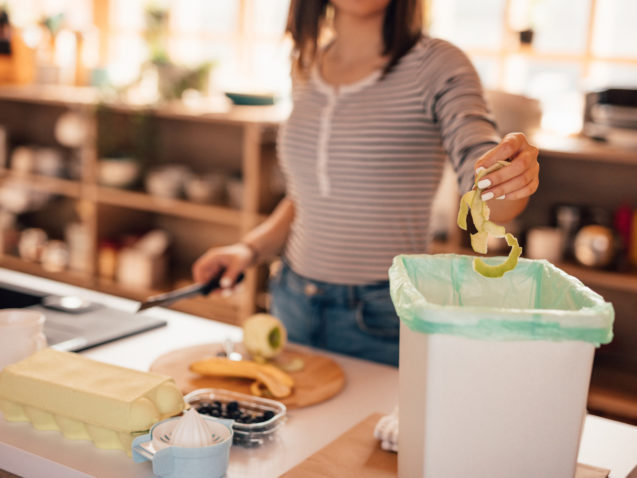Endorsed by the European Commission’s Standing Committee on Plants, Animals, Food and Feed
The global food and agricultural system is facing multiple challenges: having to produce more food to meet
higher demand from a rising global population against a background of less available land, water and energy
and increased temperatures and greater extremes of weather resulting from climate change. This has effectively
put food security at centre stage.
Against this backdrop it is therefore imperative for us all to work collaboratively to use resources more efficiently.
Reducing food waste can make an important contribution to that goal as well as to the wider food security
agenda. Food and drink manufacturers, retailers and wholesalers in Europe understand the need to lead by
example, and are actively working to reduce food waste in their operations and along the food chain through
innovative partnerships.
These guidelines listed in this publication have been prepared jointly by FoodDrinkEurope, EuroCommerce and
the European Federation of Food Banks (FEBA). By setting out a simple framework of practical steps that can be
taken, they aim to help food and drink manufacturers, retailers and wholesalers anticipate and prepare for any
potential surplus that may arise in the business. This in turn should then enable more effective partnerships to
be formed with FEBA Food Bank members and other food donation organisations for the resource efficiency and
other benefits of donation to be more readily realised.
The scope of the guidance is primarily on donation to FEBA members and other food donations
partners, which are essentially non-profit. It is recognised though that in practice, manufacturers, retailers and
wholesalers may use a combination of options to manage surpluses both within and outside the scope of this
guidance.




